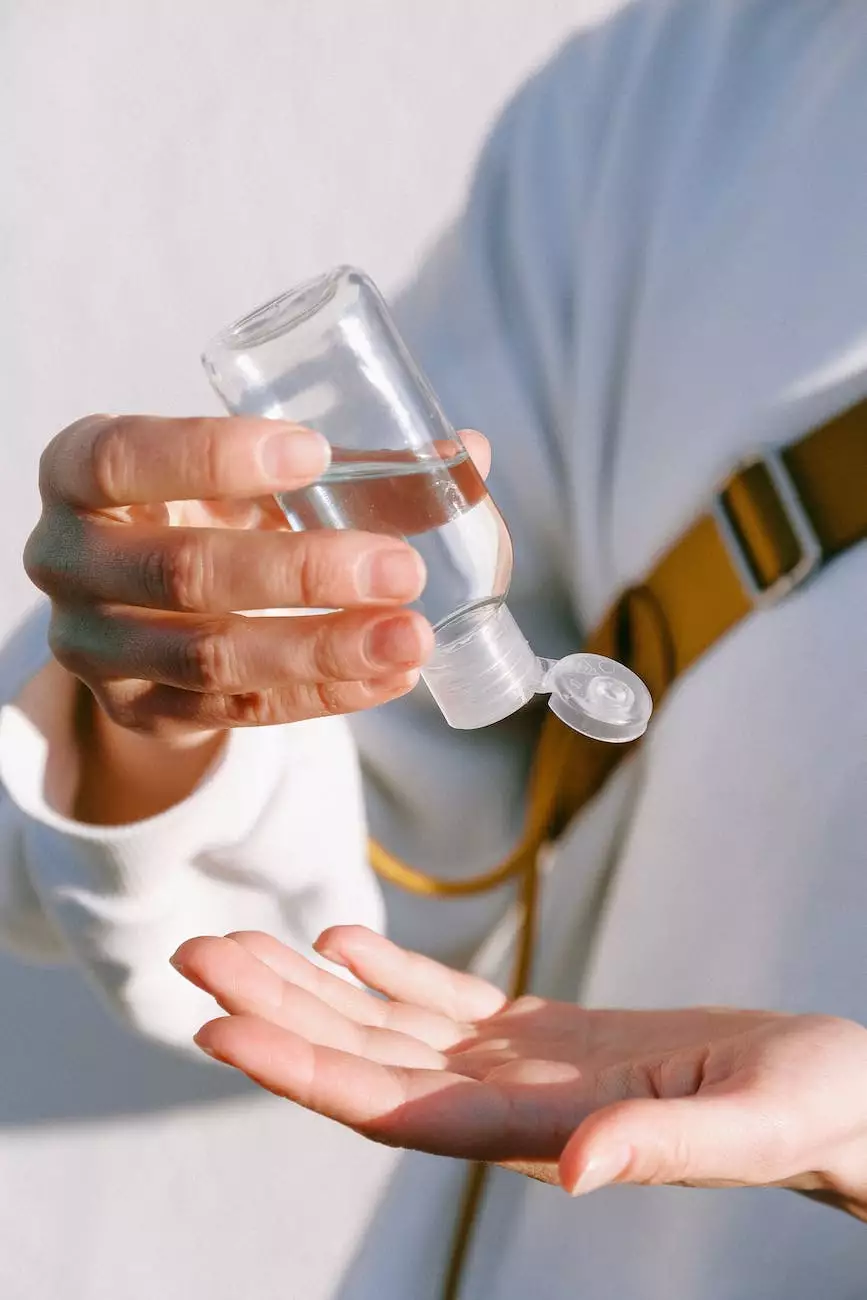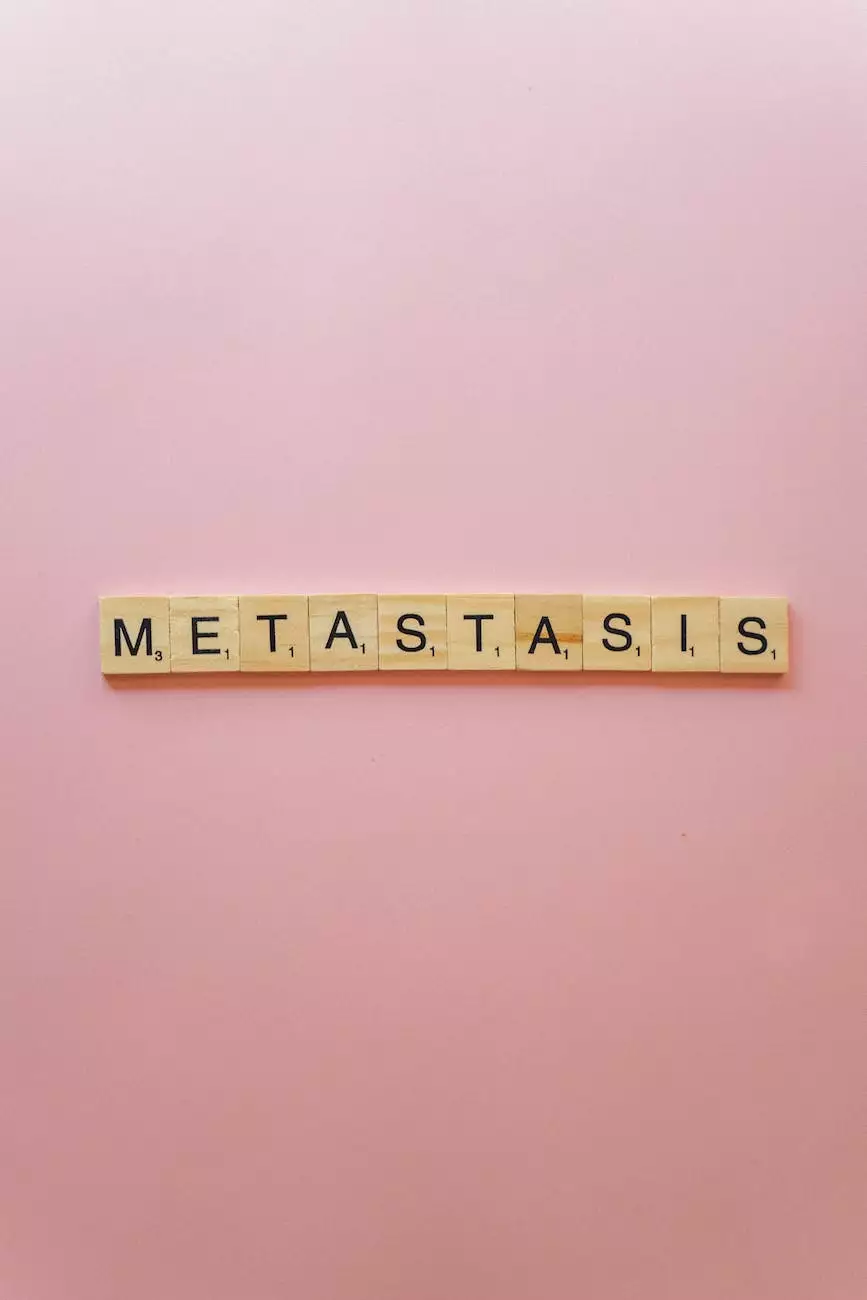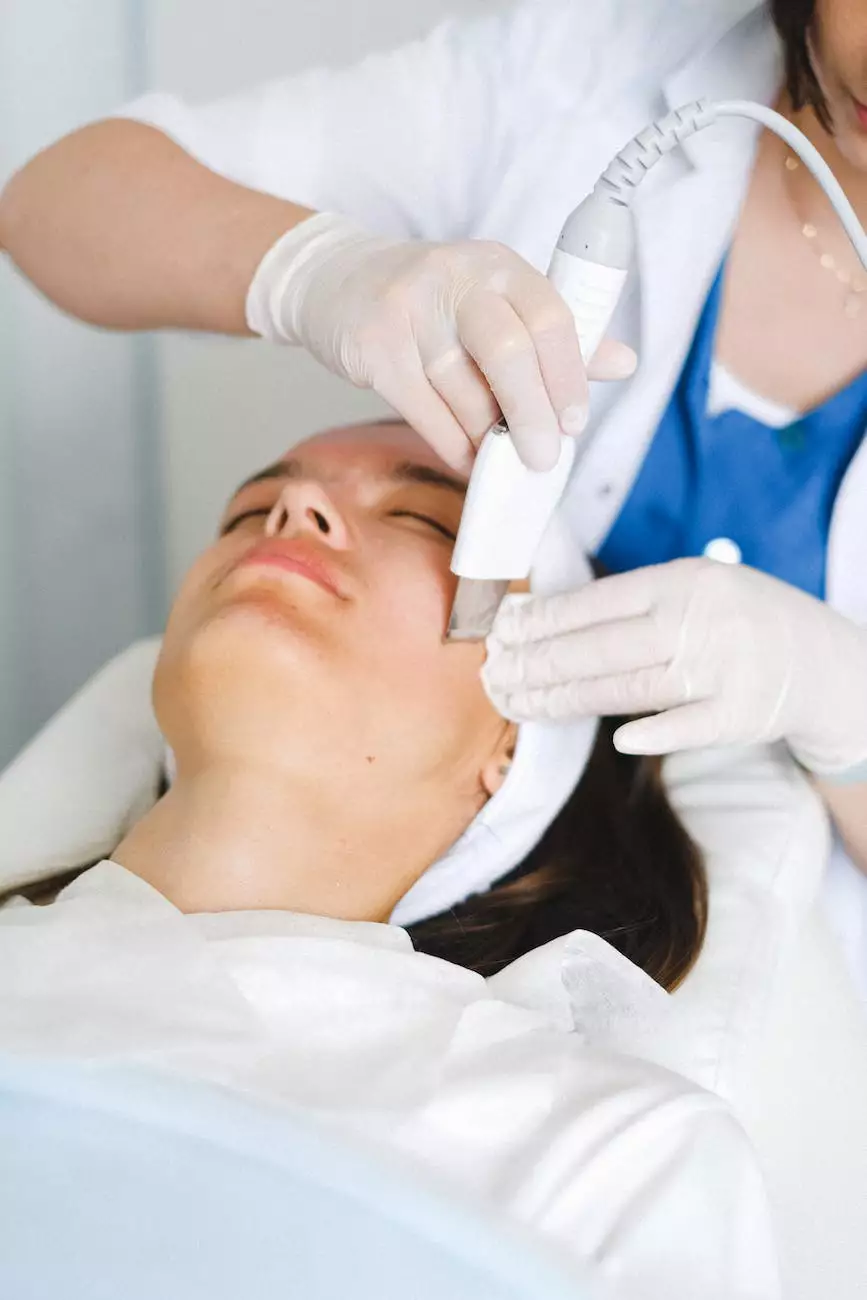HPV Vaccination: Preventing Cancer
News & Events
Welcome to the informative page dedicated to raising awareness about the crucial role of HPV vaccination in preventing various types of cancer. Here at Sibel Blau, we take great pride in our commitment to prioritize health and ensure the well-being of our community. With expertise in health and medical solutions, we aim to provide comprehensive insights into the importance, benefits, and effectiveness of HPV vaccines. Join us as we delve into this critical topic.
The Importance of HPV Vaccination
Human Papillomavirus (HPV) is a common sexually transmitted infection that affects both men and women. It is responsible for causing several types of cancers, including cervical, anal, vaginal, vulvar, penile, and oropharyngeal cancer. The impact of HPV on cancer prevalence is substantial, and that's why vaccination is crucial.
By getting vaccinated against HPV, individuals can significantly reduce their risk of developing associated cancers. Vaccination is most effective when administered before exposure to the virus, which is why it is recommended for preteens aged 11-12. However, the vaccine can also be given to individuals up to age 26 who were not previously vaccinated. It's important to remember that vaccination is suitable for both males and females.
Benefits of HPV Vaccination
The benefits of HPV vaccination extend beyond cancer prevention. Let's explore some of the key advantages:
- Cancer Prevention: HPV vaccines are highly effective at preventing infections with strains of the virus that are known to cause cancer. By getting vaccinated, individuals can significantly reduce their chances of developing HPV-related cancers.
- Herd Immunity: Widespread HPV vaccination not only protects those who receive the vaccine but also contributes to herd immunity. This means that as more people get vaccinated, the overall transmission of the virus decreases, indirectly safeguarding unvaccinated individuals from potential exposure.
- Long-lasting Protection: HPV vaccines provide long-lasting protection against the targeted strains of the virus. Studies have shown that protection can last for at least ten years, if not more.
- Reduced Medical Costs: By preventing HPV-related cancers, vaccination helps reduce the economic burden associated with diagnosis, treatment, and long-term care.
Effectiveness of HPV Vaccines
Extensive research and clinical trials have demonstrated the high effectiveness of HPV vaccines. The vaccines have been shown to be safe and provide robust protection against the targeted strains of the virus. Here are some key points on the effectiveness of HPV vaccines:
- Preventing Infections: HPV vaccines are more than 90% effective in preventing infections caused by the targeted strains of the virus.
- Preventing Precancerous Lesions: Vaccinations have proven to significantly reduce the incidence of precancerous lesions, which are essential indicators of cervical cancer risk.
- Impact on Cancer Rates: Countries with high HPV vaccination rates have witnessed a substantial decline in the prevalence of HPV-related cancers.
- Continued Research: Ongoing studies continue to evaluate the long-term effectiveness of HPV vaccines, including their impact on reducing other HPV-related diseases.
Conclusion
In conclusion, HPV vaccination plays a critical role in preventing various types of cancer. By understanding the importance, benefits, and effectiveness of HPV vaccines, individuals can make informed decisions regarding their health and well-being. Sibel Blau is here to provide expert guidance, ensuring that you stay informed and protected. Trust us to prioritize your health and join us in raising awareness about the power of HPV vaccination against the "Big C."










